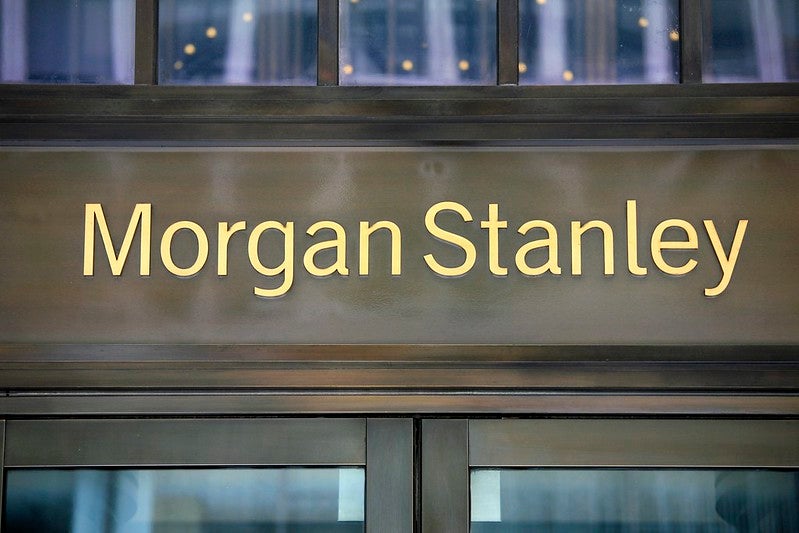Assets managed by the world’s largest 500 fund managers rose by over 8% to US$68 trillion in 2012, making up any lost ground from the previous year when assets in the survey fell by 3%, according to the Pensions & Investments / Towers Watson World 500 research.
The research also shows that due to the rise, total assets are now almost back to the record levels of 2007 (around US$69 trillion) and almost double assets levels from 2002.
Craig Baker, global head of research at Towers Watson Investment, said: "2012 was a less volatile year and combined with market rises it is no surprise that most large investment managers gained assets. Looking back over a longer period reminds us how dramatically the asset management industry has grown, virtually doubling in terms of asset size, in the past decade. While this is informative, the real question to ask is how much value it has contributed to investors and end beneficiaries, and broader society, versus how many assets it has just gathered for itself during this time."
The research, conducted in conjunction with Pensions & Investments, a leading US investment newspaper, reveals that, by number, bank-owned asset managers continue to dominate the top 20, although the number of independent managers in the group remained static.
There are 12 US-based investment managers in the top 20 managing over 64% of these assets, while eight managers are European-based. Overall Japanese managers’ assets decreased by around 9% in 2012, while European managers’ assets as well as US-based managers’ assets increased by over 8% and around 13% respectively.
Baker added: "While we are all pleased to see asset growth back and in many instances good returns for investors, it is imperative that the pressure on asset managers, and other agents in the investment industry, to produce better aligned fee structures does not dissipate, particularly in the area of performance-related fees. In addition, investors should not stop looking at lower-cost options, particularly if they have limited governance, while ensuring they are not overpaying for market returns."
How well do you really know your competitors?
Access the most comprehensive Company Profiles on the market, powered by GlobalData. Save hours of research. Gain competitive edge.

Thank you!
Your download email will arrive shortly
Not ready to buy yet? Download a free sample
We are confident about the unique quality of our Company Profiles. However, we want you to make the most beneficial decision for your business, so we offer a free sample that you can download by submitting the below form
By GlobalDataAccording to the research, US asset managers have increased their share of assets in the research from 42% to around 50% during the past ten years, mainly at the expense of Japanese and Swiss asset managers who have lost around 5% and 4% of market share and now have 7% and 4% respectively.
The research also shows that large Canadian and French managers have both grown share by about 2% each during the same period.
Since 2002, passive assets managed by the largest managers have grown by over 13% annually compared to 6% annually for the top 500 managers as a whole. In 2012 passive assets, managed by the largest managers, grew by over 12%, reversing the small fall the prior year.
Baker said: "Institutional investors are increasingly looking for the most efficient way to invest their assets which has led to more passive management and low cost, systematic approaches, also known as smart beta. While smart beta is not a substitute for good active management, it allows investors to target their active exposure in strategies which cannot easily be replicated through a systematic approach and where there is evidence of real skill. Asset owners are quite rightly becoming far less tolerant of paying active management fees for simply getting market exposure and are looking to obtain the latter as cheaply and efficiently as they can. However, they should be aware of the marketing bandwagon effect that has developed around smart beta in the past few years, with too many products just trying to cash in."
Some of the main gainers by rank in the top 50 (includes through mergers or acquisitions) during the past five years include Royal Bank of Canada (+50 [98?48]), Sumitomo Mitsui Trust & Bank (+33 [71?38], Shinkin Central Bank (+31 [81?50]), New York Life Investments (+30 [79?49]) and Affiliated Managers Group (+25 [66?41]).







